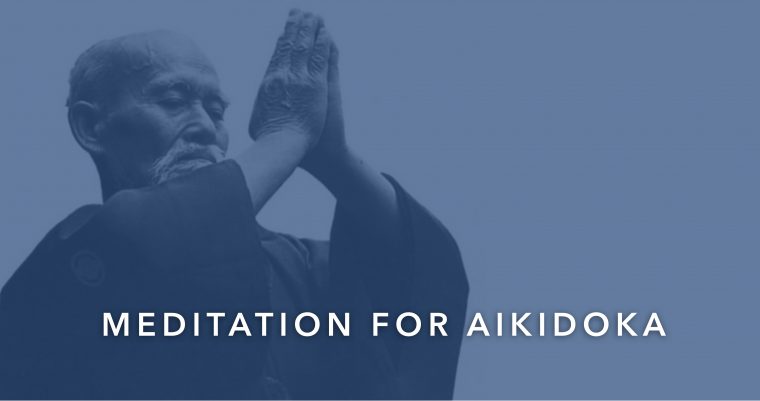CANCELED DUE TO COVID – Fuerth, Germany – Integral Aikido Intensive, w/ Miles Kessler (6th dan, Aikikai)

Dortmund, Germany – Integral Aikido Seminar, w/ Miles Kessler Sensei (6th Dan)
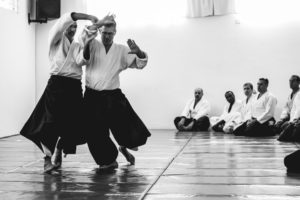
Miles Kessler Sensei
The “Shu-Ha-Ri Dialogues” series started on a lark when I reached out to Ellis Amdur Sensei for his thoughts on the way I was using these 3 stages as a teaching model in my dojo. That short interaction between Ellis and I morphed into some 360 participants, in 6 sessions, with over 10 hours of dialogues between myself and 4 other Koryu and Aikido teachers. On Sunday, Feb. 28th the “Shu-Ha-Ri Dialogues” series culminated with an all sensei panel discussion.
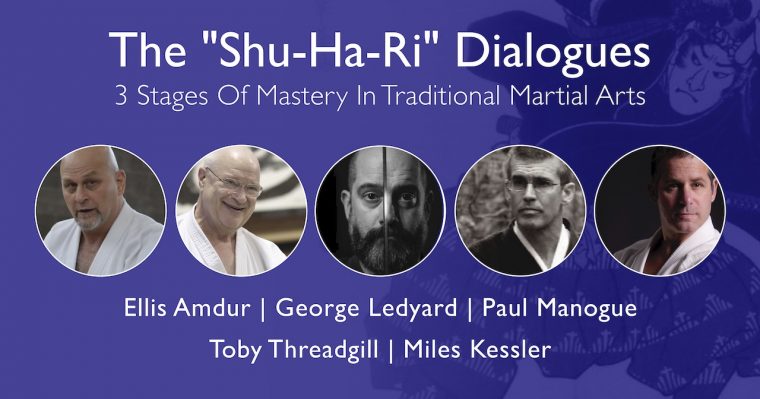
Growth and development often follow the trajectory of your personal life stories. Stories that are life lessons which profoundly shaped who you are. My own path of “Shu-Ha-Ri” (3 Stages Of Mastery In Traditional Martial Arts) mirrors my personal story as a dual practice lineage holder in Aikido and Buddhist meditation. A life trajectory that shaped how I see “Shu-Ha-Ri” as a universal map of development. In fact, it is the blueprint of development.
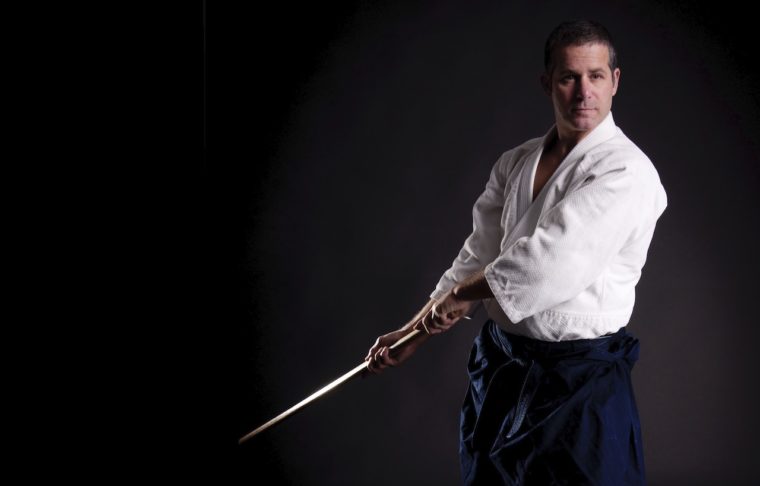
In this 4th session of the “Shu-Ha-Ri Dialogues” series, I speak with my old friend Toby Threadgill Sensei. Toby is the Shihan (headmaster) of the Takamura ha Shindo Yoshin Ryu school of traditional martial arts. As the first non- Japanese to become the official headmaster of a Koryu jujutsu school, Toby is in a unique position to share his rich and in-depth understanding of “Shu-Ha-Ri” the 3 stages of mastery in traditional Japanese martial arts.
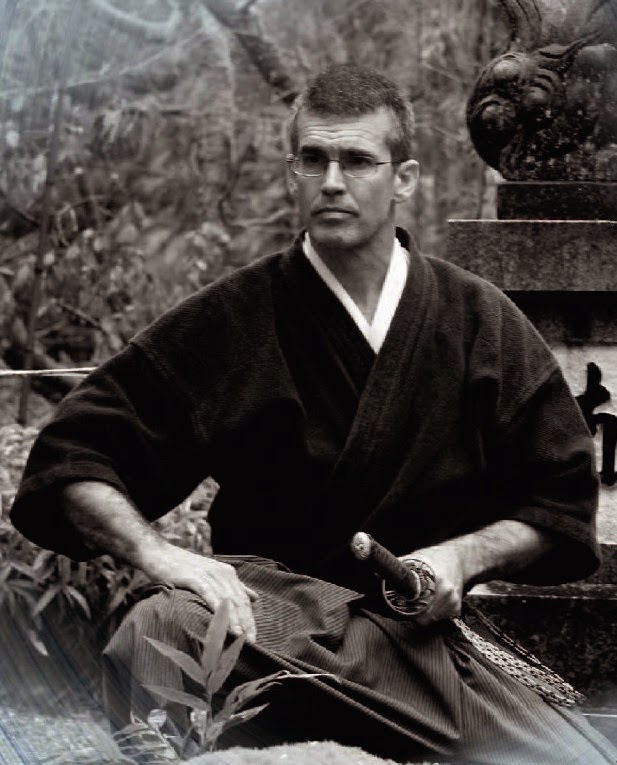
In this 3rd session of the “Shu-Ha-Ri Dialogues” series, I speak with Paul Manogue Sensei who is one of the few non-Japanese headmasters of a traditional Japanese Koyru, the Edo Yagyu Shinkage-Ryu school of kenjitsu (swordsmanship).
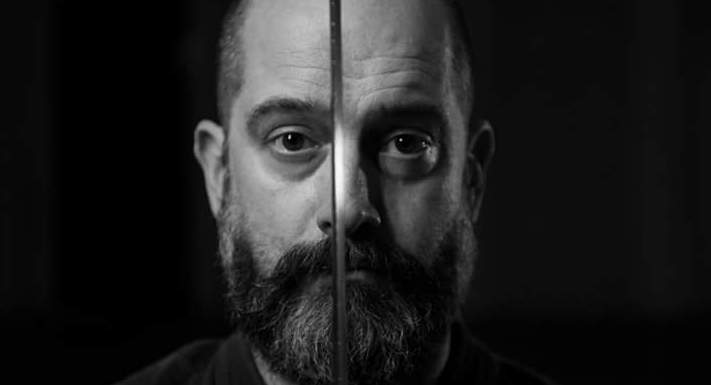
In this 2nd session of the “Shu-Ha-Ri Dialogues” series George Ledyard Sensei – Aikido (7th dan) shares his understanding of “Shu-Ha-Ri” in his Aikido experience with his primary teacher Mitsugi Saotome Sensei.
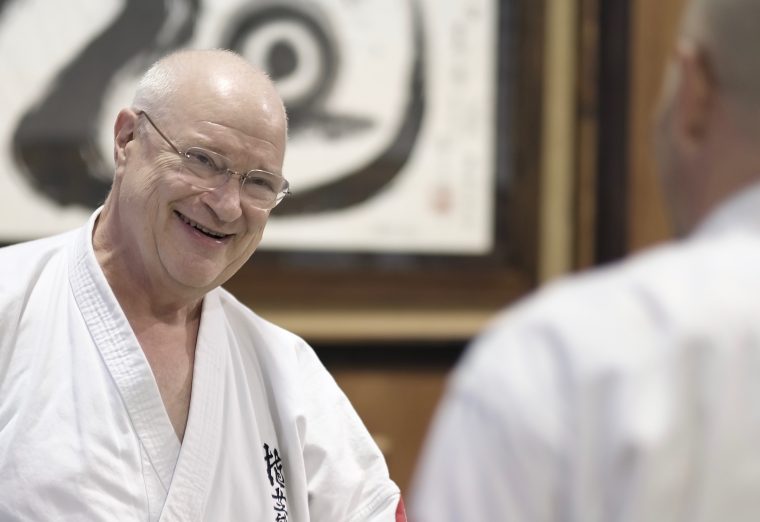
On January 24th, 2021 I launched the first in our “Shu-Ha-Ri Dialogues” series with Ellis Amdur Sensei. Amdur Sensei is a Koryu lineage holder ( Araki Ryu, Toda-Ha Buko-Ryu), a psychotherapist, and a prolific author. We kicked off this dialogue series with a wide-ranging discussion of the 3 stages of “Shu-Ha-Ri” – namely “Shu” – the conformity stage, “Ha” – the application stage, & “Ri” – the transcendent stage.
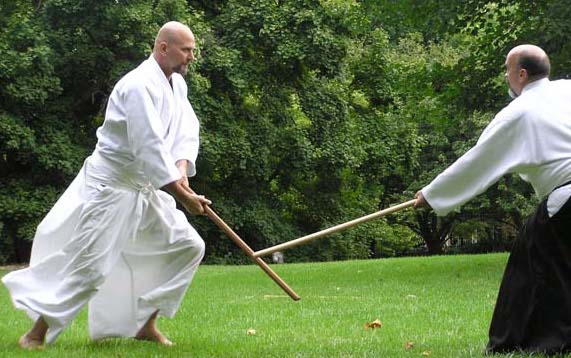
Is Aikido a martial art, or a spiritual path? From a martial perspective, if push came to shove, could you kill another to protect a greater good? On the other hand, from a spiritual perspective, in a moment of truth, could you sacrifice your own life for a greater good? Now the big question; how can you hold both of these perspectives in the same place at the same time? This KOAN is at the core of Aikido, and this is what we explored in this community call on Aikido: Martial Art Or Spiritual Path?
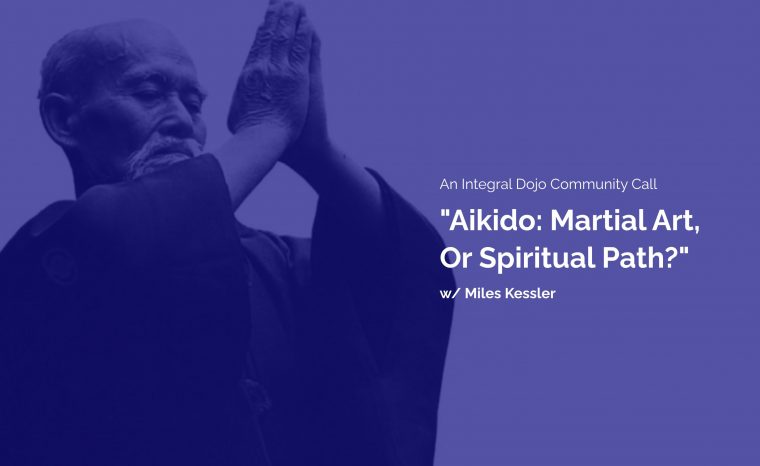
A few days ago I was happy to join Malory Graham Sensei once again for another deep and meaningful online discussion. This time I joined her on the All Things Aikido podcast for an exploration about “Aikido and Meditation: Is Your Practice Balanced?”
